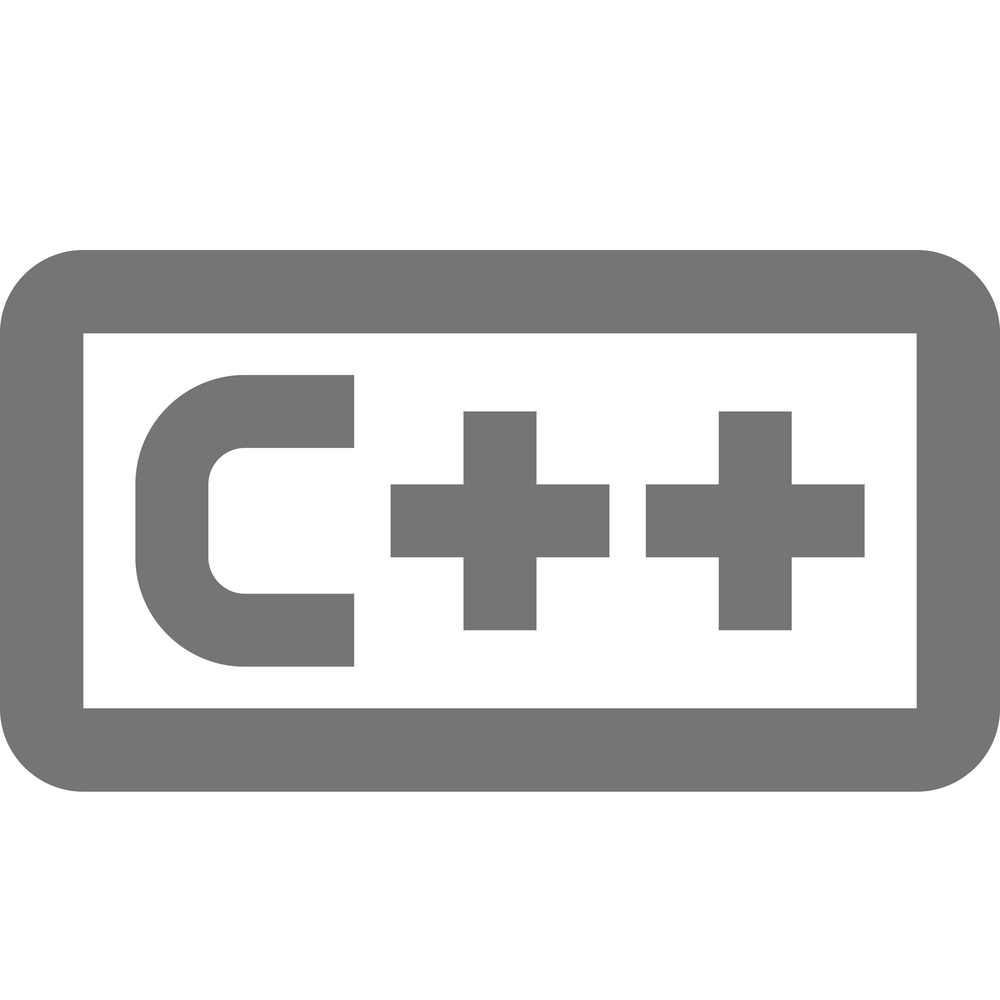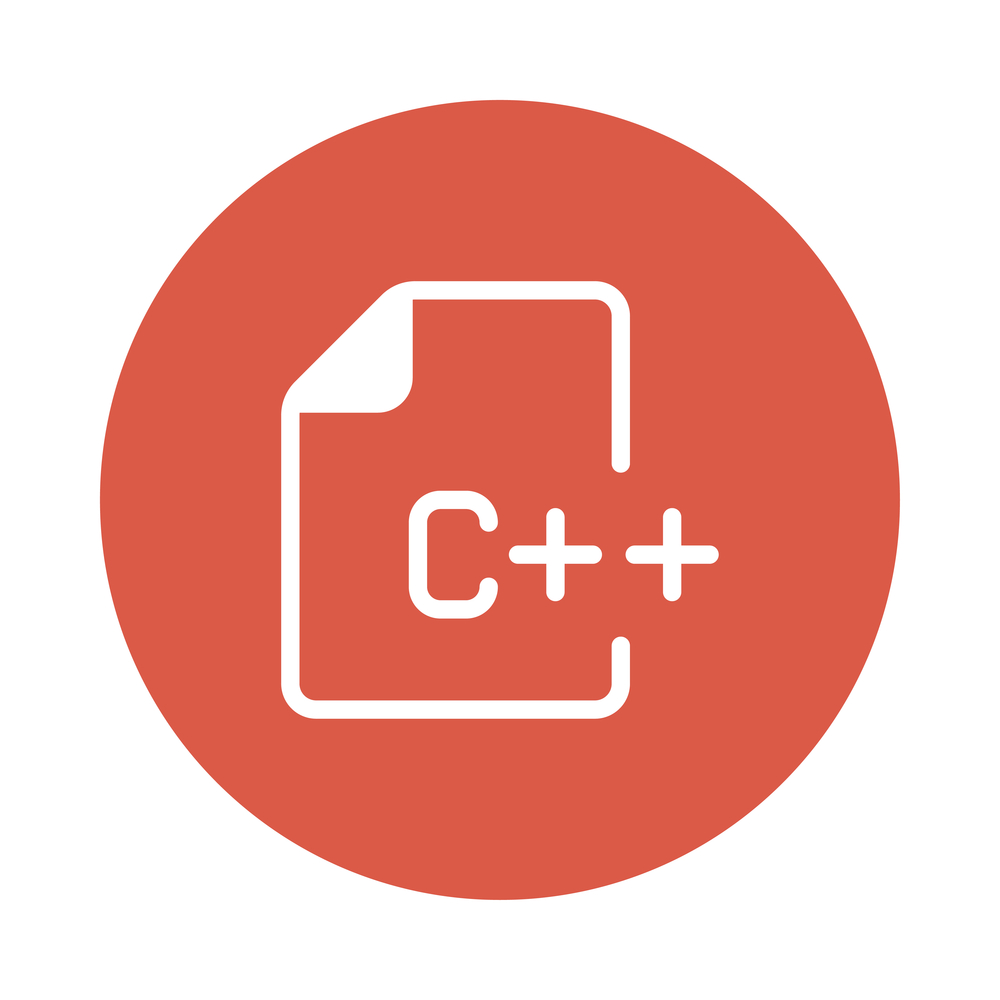Senders/Receivers: An Introduction -- Lucian Radu Teodorescu
 C++26 will introduce a new concurrency feature called std::execution, or senders/receivers. Lucian Radu Teodorescu explains the idea and how to use these in detail.
C++26 will introduce a new concurrency feature called std::execution, or senders/receivers. Lucian Radu Teodorescu explains the idea and how to use these in detail.
Senders/Receivers: An Introduction
by Lucian Radu Teodorescu
From the article:
In June 2024, at the WG21 plenary held in St. Louis, the P2300R10:
std::executionpaper [P2300R10], also known as senders/receivers, was formally adopted for inclusion in C++ 26. The content of the paper quickly found its way into the working draft for the C++ standard [WG21]. You can find more about the highlights of the St. Louis meeting in Herb Sutter’s trip report [Sutter24].Senders/receivers represent one of the major additions to C++, as they provide an underlying model for expressing computations, adding support for concurrency, parallelism, and asynchrony. By using senders/receivers, one can write programs that heavily and efficiently exploit concurrency, all while maintaining thread safety (no deadlocks, race conditions, etc.). This is applicable not only to a few classes of concurrent problems but, at least in theory, to all types of concurrency problems. Senders/receivers provide a cost-free way of expressing computations that can run on different hardware with different constraints. They support creating computation chains that execute work on the CPU, GPU, and also enable non-blocking I/O.
Although the proposal has many advantages, there are still people who see the addition of this feature to the C++ standard at this point as a mistake. Some of the cited reasons are the complexity of the feature, compilation times, immaturity, and teachability. The last one caught my attention.
In this article, I plan to provide an introduction to senders/receivers as described in P2300 (and some related papers). The goal is not necessarily to showcase the many advantages of this model or delve into the details of complex topics. Rather, it is to offer a gentle introduction for those who have never read the paper or watched a talk on senders/receivers. We want the reader to understand the basic concepts of using senders/receivers without needing to grasp the intricate details of their implementation.
The hope is that, by the end of the article, the reader will be able to write some programs that use senders/receivers. The examples here are written as if the reader is coding with the feature already included in the standard library. Currently, no standard library provider ships senders/receivers; however, the reader can use the reference implementation of the feature [stdexec].

 Static reflection is under consideration for C++26. Wu Yongwei demonstrates how to achieve reflection now and shows some examples of what C++26 might make possible.
Static reflection is under consideration for C++26. Wu Yongwei demonstrates how to achieve reflection now and shows some examples of what C++26 might make possible. The trick to understanding C++ compiler error messages is to focus on two things. First, look at the beginning of the error message, which tells you what went wrong at a very low level. Then skip over the intermediate errors that follow the chain of calls until you end up at the line of code that you wrote. That original line of code is the one that is leading the compiler to a bad place. After that, you sometimes get supplemental information that helps you understand the low-level error better.
The trick to understanding C++ compiler error messages is to focus on two things. First, look at the beginning of the error message, which tells you what went wrong at a very low level. Then skip over the intermediate errors that follow the chain of calls until you end up at the line of code that you wrote. That original line of code is the one that is leading the compiler to a bad place. After that, you sometimes get supplemental information that helps you understand the low-level error better. This article explores how C++20 concepts can replace CRTP when implementing static interfaces for a family of classes. By leveraging concepts, we achieve cleaner, more readable, and less error-prone code—provided you have access to C++20.
This article explores how C++20 concepts can replace CRTP when implementing static interfaces for a family of classes. By leveraging concepts, we achieve cleaner, more readable, and less error-prone code—provided you have access to C++20. Last time,
Last time,